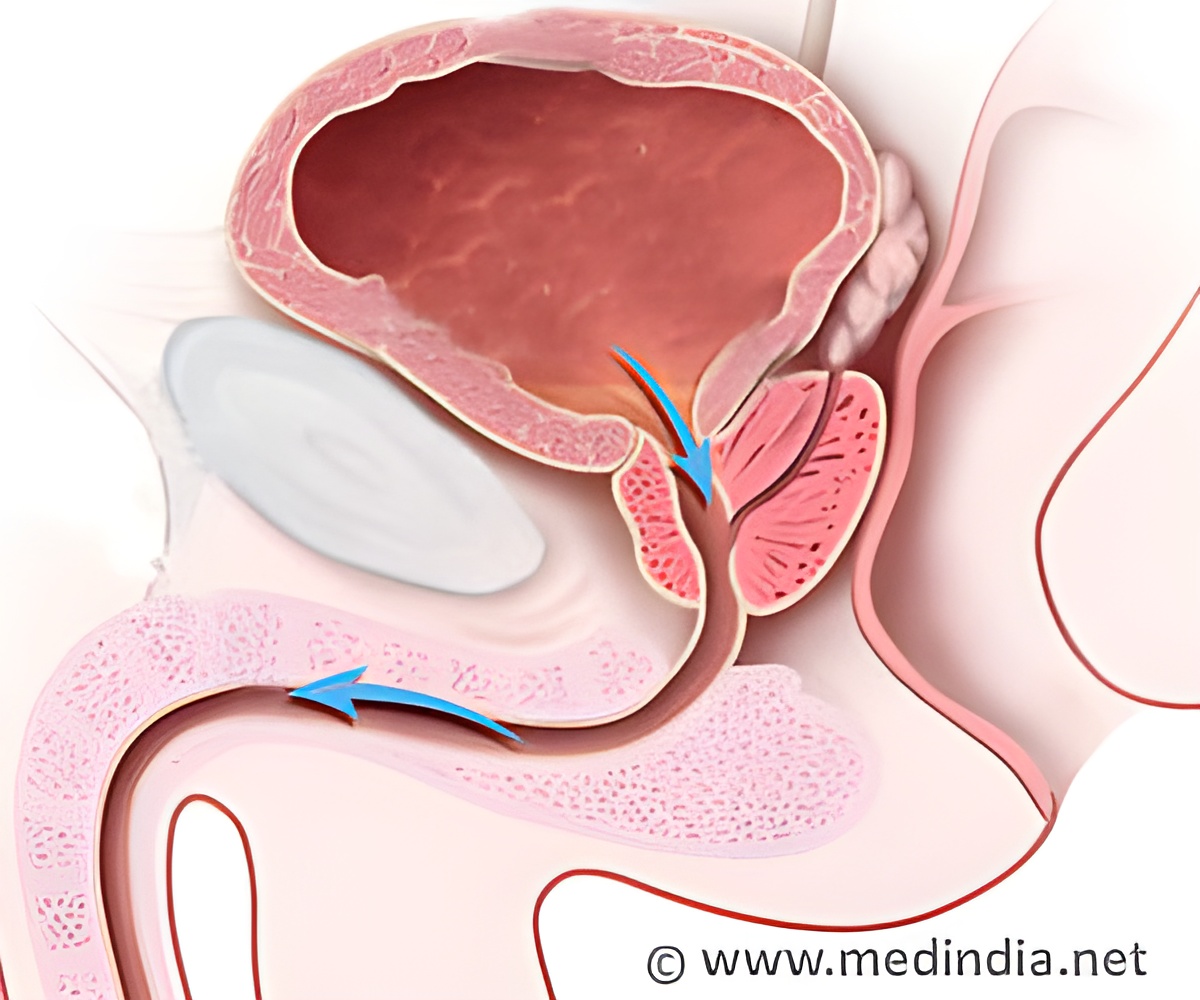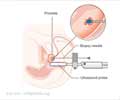PITX2 DNA methylation is capable of distinguishing cancerous tissue from non-cancerous tissue and predicting the risk of cancer recurrence.

TOP INSIGHT
The prognostic value of PITX2 methylation in prostate cancer and its applicability to prostate biopsies has been demonstrated in this study.
This is the first study to determine whether PITX2 methylation can be used for individualized risk assessment of prostate cancer using core biopsy tissue.
Investigators measured PITX2 methylation biomarker levels using a quantitative real-time PCR assay in 24 tumor samples, 24 normal adjacent prostate tissue, and 22 samples with benign prostatic hyperplasia. PITX2 promoter methylation was found to be significantly higher in cancer samples compared to matched normal and benign prostatic hypertrophy tissues. "These findings demonstrate that the PITX2 biomarker discriminates between prostate cancer and non-cancerous tissue," noted Dr. Kristiansen.
Researchers then examined whether PITX2 methylation could predict biochemical recurrence (two consecutive rises of serum PSA > 0.2 ng/mL) within a group of 300 prostate cancer patients who had undergone radical prostatectomy. They found that patients with high PITX2 methylation were at significantly increased risk for recurrence.
Subsequently, the biomarker was applied to the core biopsies of 32 patients with prostate cancer and 31 patients with benign prostatic disease. The core needle biopsy, the most common type of prostate biopsy, is performed by inserting a needle into the prostate to remove a small cylinder of tissue. Investigators found that 95% of 753 biopsy cores from 63 patients could be analyzed. PITX2 methylation was significantly higher in tumor-positive biopsies and strongly correlated with prostate cancer severity as indicated by the International Society of Urological Pathology grading system.
"This study not only confirms the prognostic value of PITX2 methylation in prostate cancer, but it also demonstrates its applicability to prostate biopsies. This enables us to plan further studies that may finally translate this biomarker into clinical practice with the aim of further individualizing treatment strategies," commented Dr. Kristiansen.
 MEDINDIA
MEDINDIA
![Prostate Specific Antigen [PSA] & Prostate Cancer Diagnosis Prostate Specific Antigen [PSA] & Prostate Cancer Diagnosis](https://images.medindia.net/patientinfo/120_100/prostate-specific-antigen.jpg)



 Email
Email










